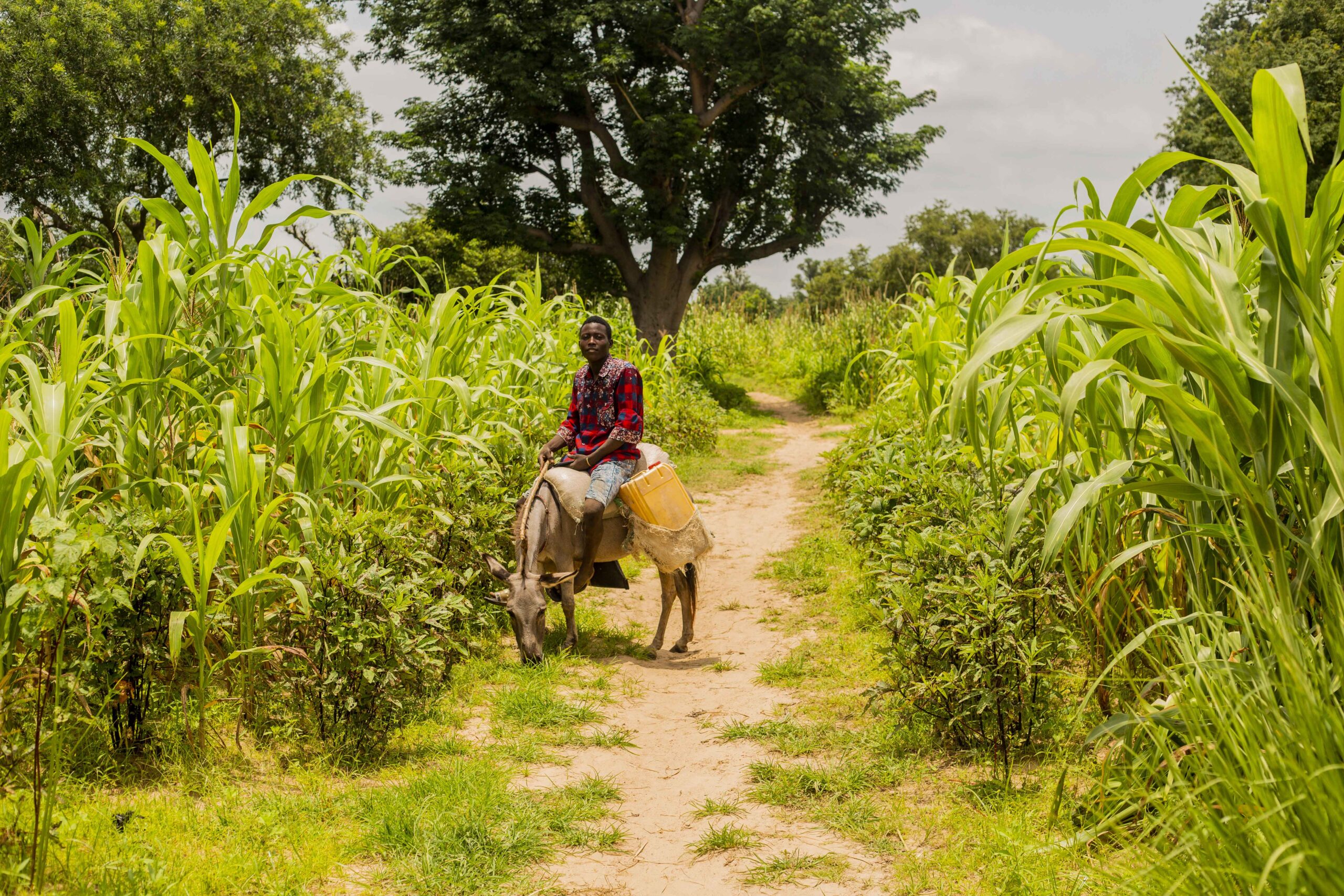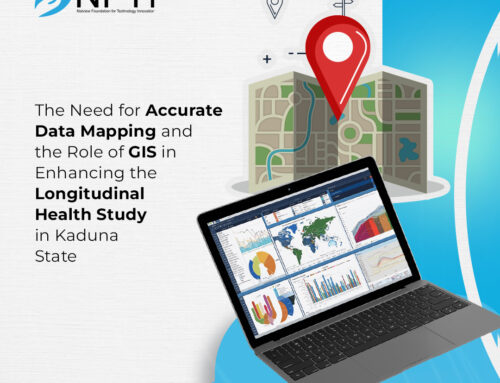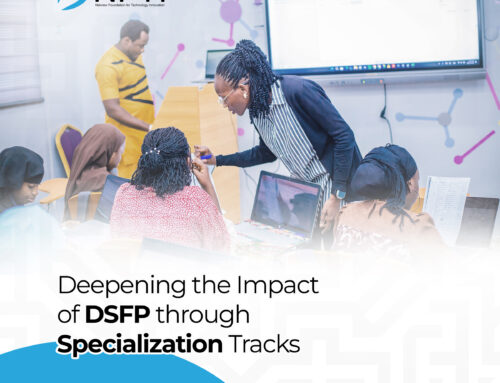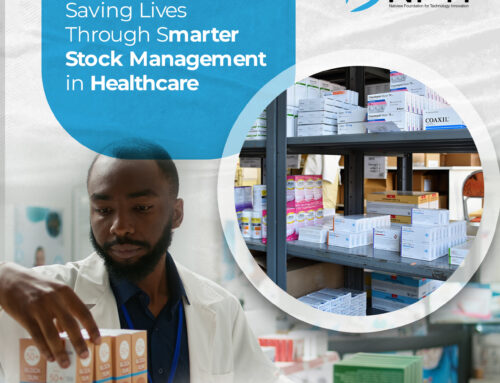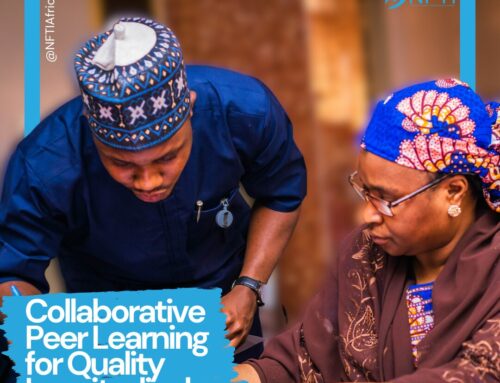By 2025, when it is anticipated that roughly two-thirds of the world’s population may experience a freshwater shortage, it is predicted that water scarcity in Africa will have reached dangerously high proportions. Physical and economic shortages, rapid population increase, and climate change are the main contributors to water scarcity in Africa.
In particular, Northern Nigeria has been experiencing significant impacts of climate change on water availability and distribution. The region has been dealing with long dry seasons, unpredictable rain patterns, and rising temperatures, which have made it hard to get enough water and food. The impacts of climate change on water scarcity have also increased the vulnerability of women and children, who bear the burden of water collection, leading to increased health risks, reduced access to education, and perpetuating gender inequality.
Technology has a lot of potentials to help address the challenges facing the water sector and provide data-driven solutions to these complex problems. By leveraging technology and innovation, the Natview Foundation for Technology Innovation developed the Living Lab Project, a platform to experiment and use the power of technology to confront these issues and drive positive change. The living lab project would provide policy research and scientific data analysis by sampling pilot communities and use cases for studying human behavior, the impact of policy on communities and societies, and social mobility patterns. This led us to team up with Global Shapers Kano, and together, we learned about the Warawa community in Kano State and its typical water challenges. Along our journey to the community, we encountered a young boy named Abu, who was in the midst of his daily search for water, accompanied by his loyal donkey and a container to carry the precious resource.
Every day, Abu would ride his donkey to a nearby stream to collect water for his family. The journey is always long and difficult, and the boy has to navigate uneven terrain to get to the stream. Once there, he would fill up his containers with water and make the long journey back to the village. This was a daily routine for Abu, and he did it without complaint. However, this routine was not without its challenges. The water from the stream was often contaminated, and the boy and his family would suffer the risk of waterborne illnesses. This was a common problem in many parts of northern Nigeria. The scarcity of water also affected the education of the children, as most of their day was spent getting water. Despite the challenges, Abu continued to ride his donkey daily to collect water. He did this for several years, but things started to change when NFTI arrived in the community to implement the Living Lab Project.
Every day, Abu would ride his donkey to a nearby stream to collect water for his family…
We built an innovative social infrastructure to address the issue of water scarcity in the community. The goal was to provide water while infusing technology to collect data for social good. The innovative solar-powered water facility, complete with a storage system and lighting structure, was installed to provide easy access to water at all times. It was also equipped with sensor-based tools to enhance its efficiency. Some of the cutting-edge technologies incorporated into this water facility included smart card-system water meters as well as cameras for real-time and near-real-time data collection. With these tools, NFTI is able to monitor water usage and provide important insights into usage patterns and trends.
By issuing each household with a water card (similar to an ATM card), we can closely monitor water usage patterns and reduce waste. Moreover, the incorporation of sensor-based cameras will enable us to estimate the age and gender of people collecting water and record the time series for each household. This valuable data can then be analyzed to identify behavioral patterns within the community, allowing governments and innovators to design more targeted and effective interventions that prioritize a human-centered approach. In addition to the use of card technology and sensor-based cameras, we will also employ satellite imagery to monitor population growth patterns and other environmental developments within the community. This will help us to gain a more comprehensive understanding of the impact that clean water availability has on the community and inform evidence-based decision-making by the government and other stakeholders accordingly. Our data-driven approach has enabled us to identify and address the most pressing needs of the community while minimizing waste and ensuring equitable access to this essential resource.
So far, the NFTI’s Living Lab Project has helped more than 4,000 people in the Warawa community. It has a positive effect on their health and education that many people are now able to meet their daily requirements for clean water and sanitary facilities.
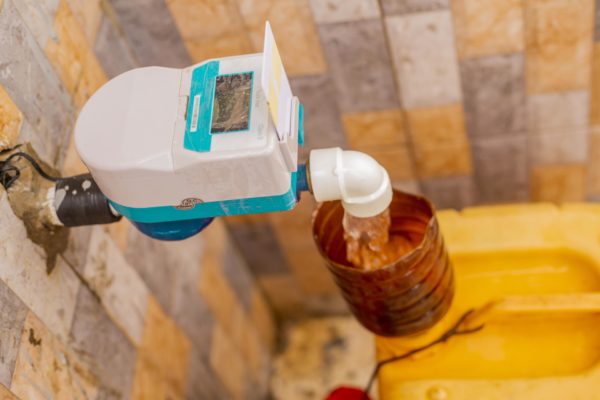
Overall, we believe that this project represents a significant step forward in sustainable water management and is sure to have a positive impact on Africa at large. Abu was one of the first people to benefit from the new facility. He no longer had to ride his trusty donkey to the stream every day, and he no longer had to worry about traveling long distances to get water.
Government at all levels, businesses, communities, and individuals must work together to stop this public health emergency to guarantee that everyone has access to clean, safe drinking water and that everyone has the chance to live a healthy, productive life. As a foundation that uses data for social good, we spotted an opportunity in solving issues around water scarcity by coming up with an innovative solution that will bring clean water to the doorsteps of communities and, at the same time, use the power of technology in modeling data for decision-making by policymakers.
Would you like to partner with us to impact more communities across Africa?
Join us in the fight against water scarcity in Africa! We believe that by partnering with like-minded organizations and donors, we can create sustainable solutions that will have a lasting impact on the lives of people across the continent. Together, we can work to make a difference in the lives of millions of people.
Contact us today to learn more about our initiative and how you can access the Warawa Living Lab Project data. Let’s work together to create a future where access to clean water is a fundamental aspect of human dignity and well-being, rather than a privilege.
Make a difference, donate to our cause to use Data Science for social good here.

